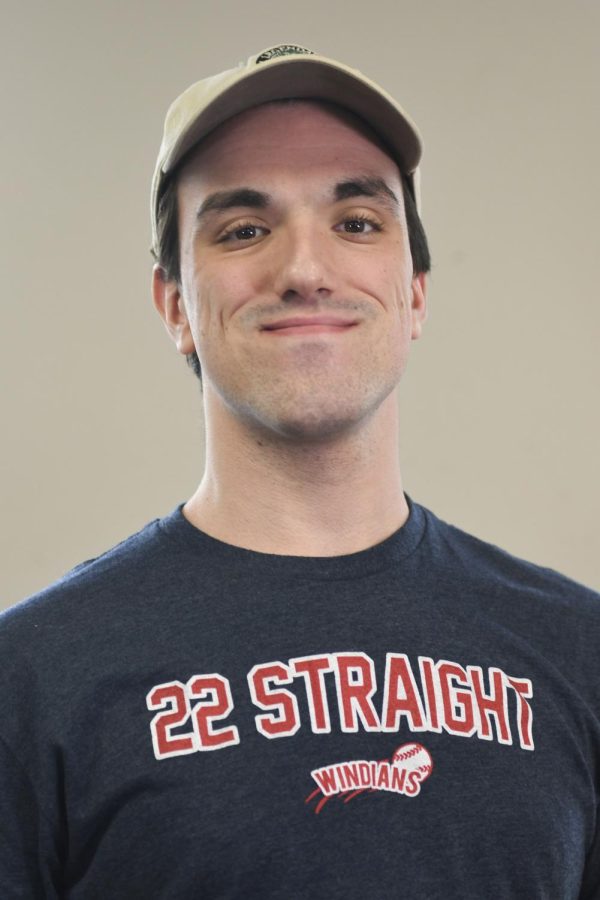OPINION: Smollett incident is indicative of other problems
February 22, 2019
With the rise of social media has come the era of instant judgement; no longer can someone simply read about a major event or trend and let their thoughts gestate a little.
Instead, after this person ingests this information, it has become almost second nature to share their thoughts on social media, even if the story is still developing and all the facts aren’t known.
When applied to politics, this can have a deadly effect. Americans are getting more and more of their news from social media, yet they are likely to just follow and read news from organizations and individuals that agree with them politically.
Not only does this often lead to blind adherence, but it also can lead to misplaced outrage — outrage which can be weaponized for the wrong reasons.
Perhaps no situation illustrates this better than the strange case of Jussie Smollett.
Smollett, an actor who currently plays Jamal Lyon on the hit Fox show “Empire,” claimed on Jan. 29 that he was attacked by two men who directed homophobic slurs and right-wing slogans toward him during the incident.
Such a politically charged occurrence was immediately met with an outpouring of sympathy on Twitter, with politicians such as Cory Booker and Kamala Harris condemning the attack and wishing Smollett a quick recovery.
In the weeks that followed, a storm began to form. Right-wing personalities, such as Donald Trump Jr. and Mark Dice, began to doubt the actor’s account, claiming it was yet another attempt to weaponize media coverage against conservatives.
Inexplicably, this backlash was proven correct on Feb. 21, as Smollett was charged with a felony for staging the attack in what the Chicago Police Department characterized as an attempt to harness racial tension to advance his career.
What is worrying about this incident isn’t the outpour of sympathy after it occurred. This was a normal human reaction, and no one had a clue what Smollett did was an attempt to weaponize this sympathy for personal gain.
What is worrying is that even when this incident wasn’t a known hoax, it was a topic of political polarization.
The odds of this being a hoax were astronomically low, meaning the “healthy skepticism” and “logic” these right-wing commentators and their bases will claim to have exercised was simply an act of bias that conformed to their worldview.
It doesn’t matter that they were ultimately correct because casting such an overt shadow of doubt over an alleged hate crime may only serve to embolden those who aspire to commit these acts.
This is a result of many factors, but the most prevalent one is apparent — the fact that on social media platforms, “hot takes” and political polarization have combined to create a tornado of disinformation that usually only serves those with a large audience.
This quality has been exhibited by left-wing personalities as well, meaning this isn’t simply an issue confined to right-wing circles.
While this incident once again reiterates how fractured America is along political lines, it also may have a negative effect on victims of hate crimes.
The number of reported hate crimes in the U.S. is at a decade-long high, which means either more people are reporting these incidents or more of these acts are being committed.
If the cause of this phenomenon is the former, Smollet’s actions may dissuade victims from reporting their crimes, while the latter may further embolden those who commit bigoted actions. Either way, what Smollett envisioned as a ploy to further his career backfired massively, sparking a national controversy about race and politics in the U.S.
I can only hope this isolated incident doesn’t delegitimize legitimate instances of racism and bigotry; otherwise, this will be looked back on as yet another moment where America learned the wrong lessons and rejected the correct ones.
Alex Cala is a columnist. Contact him at [email protected].












